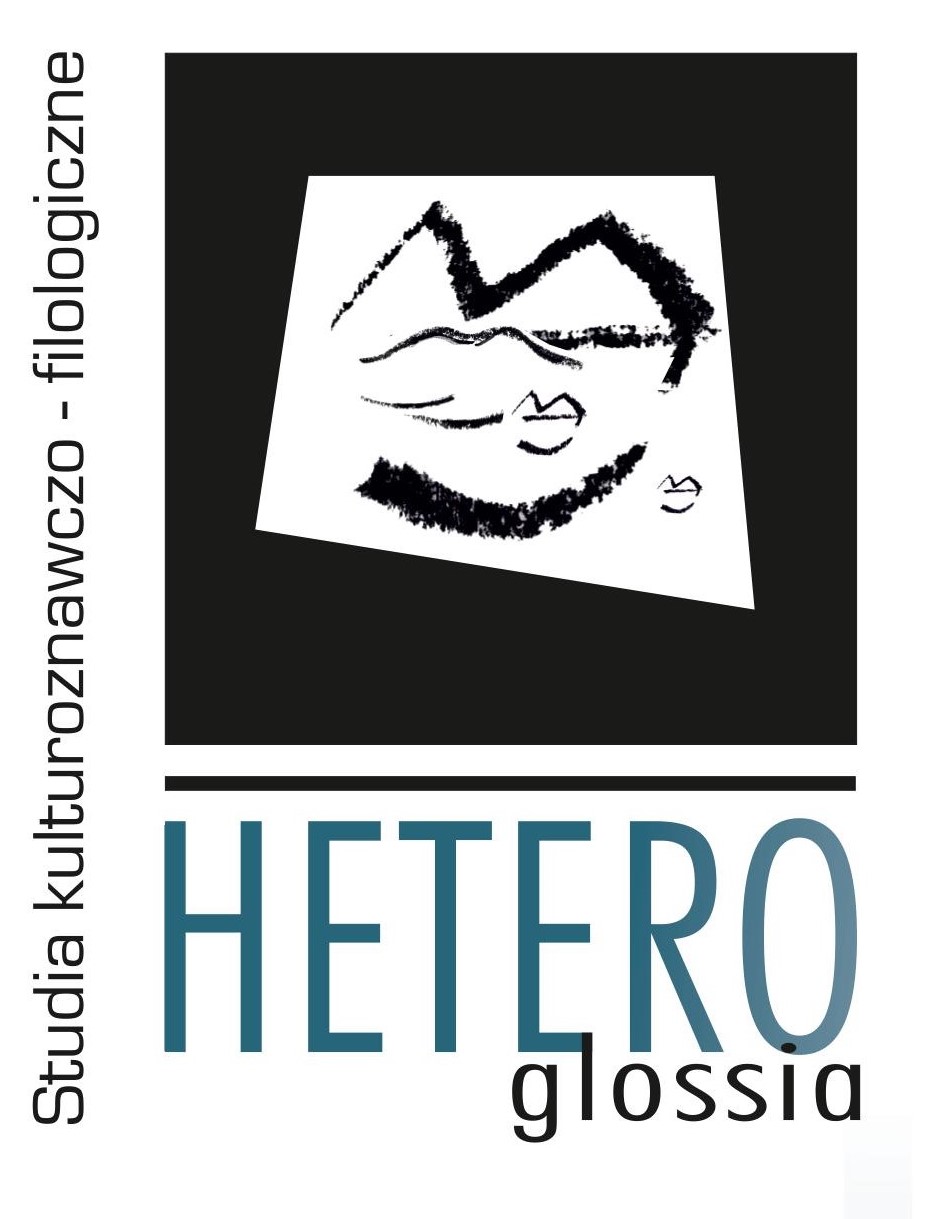Hyperborea
w wybranych pismach
nowożytnych uczonych francuskich
– aspekt geograficzny w kontekście rosyjskim
Hyperborea in Selected Writings of Modern French Scholars
– Geographical Aspect in the Russian Context
Author(s): Piotr KochanekSubject(s): Cultural history, Customs / Folklore, Social history, Nationalism Studies
Published by: Wyższa Szkoła Gospodarki w Bydgoszczy (WSG)
Keywords: Hyperboreans; Russia; Siberia; Novaya Zemlya; Ob (river); Irtysh (river);
Summary/Abstract: This article analyzes the views of six French scholars in terms of the relationship between Hyperborea and Russia. They are in chronological order: M.-A. Baudrand (1682),S. Pelloutier (1740), N. Freret (1744/1753), J.S. Bailly (1779), P.H. Larcher (1802) and M.-N.Bouillet (1826). The theses of these researchers were largely dependent on F. Clüver (1616).These erudites were concerned not so much with Russia as a Hyperborean country, but withthe geographic location of the Hyperborean ancestral homeland. Consequently, their analyzeshad almost nothing to do with Russia. Only some areas of Russia (Nowa Zemlya, Western Si-beria) and territories beyond its borders (Greenland, Spitsbergen) were indicated without em-phasizing the connection between Russia and the „chosen people” of Greco-Roman antiquity.In this way, in the science of that time, data that was considered scientific at the time was clear-ly separated from ideological and propaganda data. The links between Hyperborea and Rus-sia were pointed out only by P.H. Larcher (1802), following the opinion of J. Rennell (1800).This was in the first phase of the so-called Napoleonic Wars. Russia was already involved inthe conflict with France. It can therefore be said that in these circumstances, linking Russiawith Hyperborea, i.e. a kind of ennoblement of the Russian Empire, could have had a certainpolitical subtext. On the English side, it was a kind of indication of the high position of theally in the hierarchy of European powers. On the other hand, for P.H. Larcher as a Frenchmandefeating the armies of Hyperborean Russia is a prestigious victory over an opponent coveredwith a halo of centuries-old glory. However, both for French scholars who wrote earlier andthose who wrote after the fall of Napoleon, the link between Russia and Hyperborea was oflittle importance. They were engaged in science, not propaganda. These erudites only point-ed to the fact that certain areas, which in their time or belonged to Russia, could have beeninhabited in the distant past by peoples referred to as Hyperboreans. Russia, on the otherhand, was for these scholars only synonymous with a country of tough people, hardened bythe harsh climate. Such a Russia has also become a partner of European countries and one ofthe undisputed European powers. Deeper connections between Russia and Hyperborea wereundoubtedly important to Russian patriots, becoming the basis of a romantic legend about thegenesis of the tsarist state. The foundations for this legend were laid by Byzantine historiography, whose representative was Nicephorus Gregoras.
Journal: HETEROGLOSSIA - Studia kulturoznawczo-filologiczne
- Issue Year: 2023
- Issue No: 14
- Page Range: 265-280
- Page Count: 16
- Language: Polish

